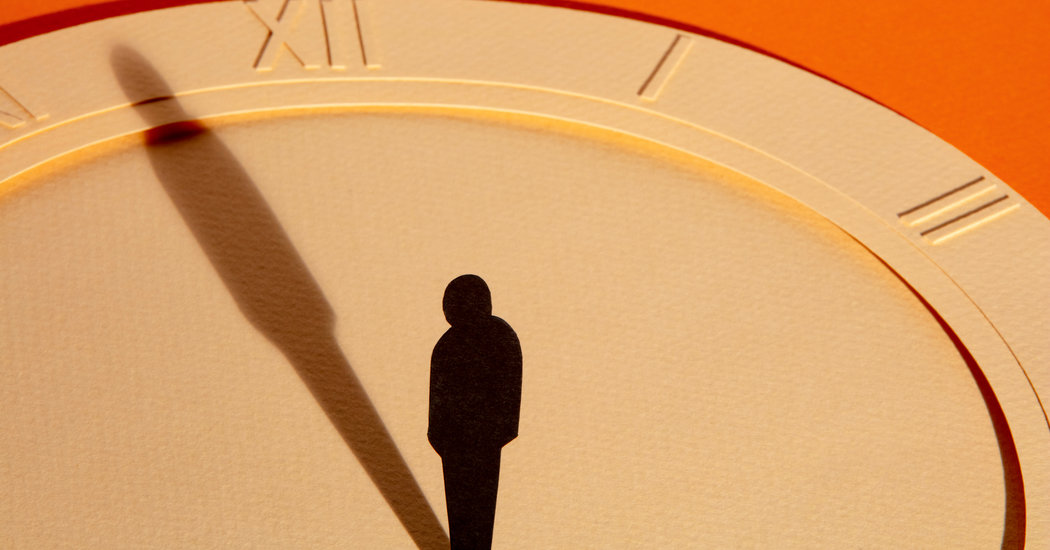The older I get, the more comfortable I feel in my own skin, too — it’s at once thinner and thicker now. I’ve come to accept myself as I am, limitations and all. The umpteen uncertainties that afflict us while young — about our identities, our role in the community, our philosophy of life — have largely evaporated. By now I know with absolute certainty what I like (quiet, solitude, reading, movies, basketball) and what I dislike (noise, crowds, ice hockey).
What else dare I call a plus about being older? I let all those irritations that once lingered roll off my back. I’m just starting to get the hang of it all, only now finally catching on. All the suspense I felt growing up about how I might turn out is now over. I’ve more or less become the person I was evidently always going to be.
I’ve hit my stride and can finally distinguish between a groove and a rut. I’ve cultivated a reliable intuition about what I should hang onto as most dear (my health, my family, my friends) and what I should let go (anxiety over losing my hair, teeth, flexibility and jump shot). It’s as if, having jettisoned so much baggage, I travel lighter now. I finally understand more, too, but at the same time I understand how little I understand — and how much I never will.
Also surprising, I’m now more ambitious than ever, too. The older I get, the more I want — more hugs from my wife, more conversations with friends, more challenges as a writer, more lunches under a summer sun with a glass of Chianti. Working hard has never felt easier.
Close relationships figure more in keeping people happy throughout life more than I.Q., genes, social class or any other single factor, the Harvard Study of Adult Development concluded. “The people who were the most satisfied in their relationships at age 50 were the healthiest at age 80,” said Dr. Robert Waldinger, director of the study, a psychiatrist at Massachusetts General Hospital and a professor of psychiatry at Harvard Medical School. In keeping with that insight, Erik Erikson, the pioneering psychiatrist who devoted his career to studying the stages of life, once said, “‘We need each other — and the sooner we learn that the better for us all.’”
So why, given these discoveries, would I mind getting older? And how can I ever justify complaining about being older when it means I’m therefore still alive?
It helps, of course, that I’m lucky to have my health, enough money (more or less) and a loving immediate family. It also helps that I’ve never felt my age as an adult in the first place — nor, for that matter, particularly acted it. A report from AARP found that 57 percent of those 60 or older actually reported feeling younger than they are, compared to only 42 percent of respondents 40 to 59 and 27 percent of those 18 to 39.
[ad_2]
Source link


